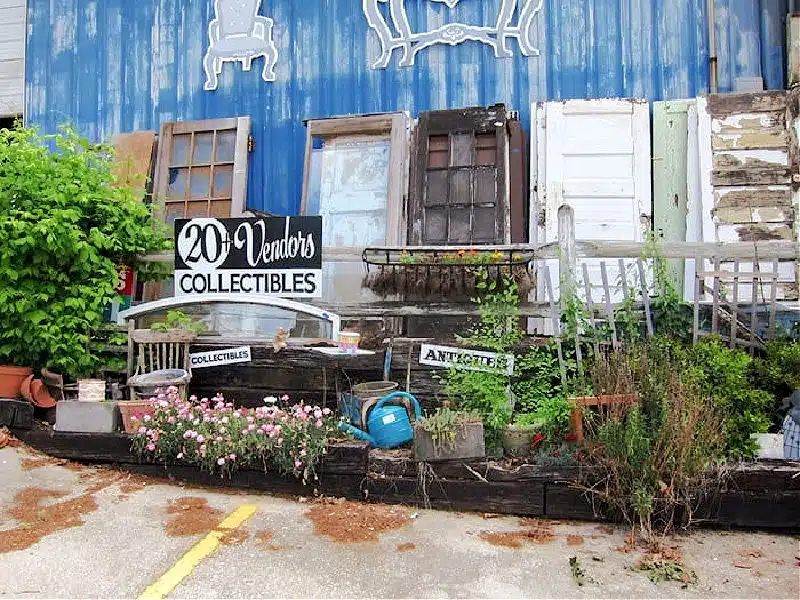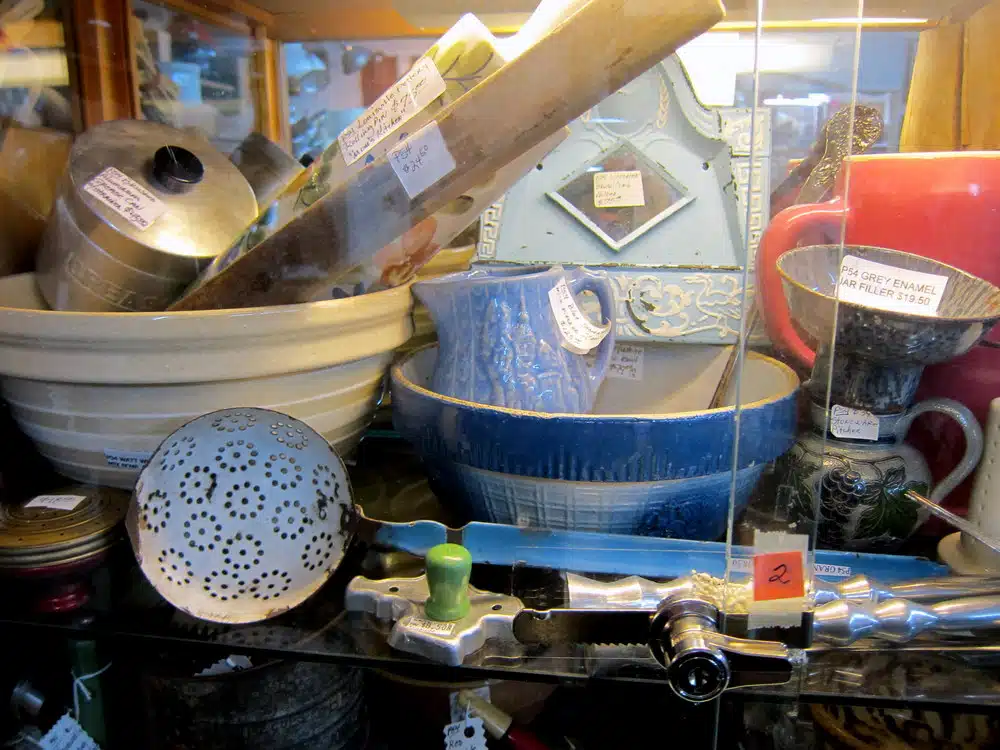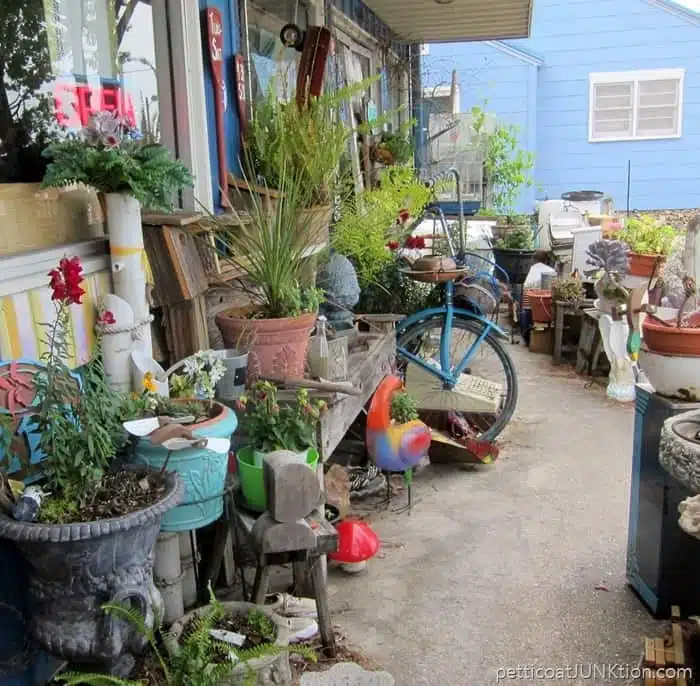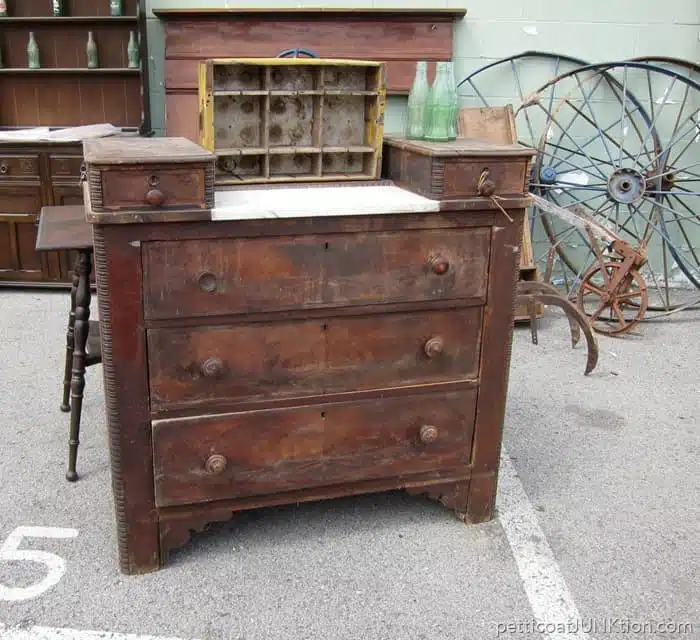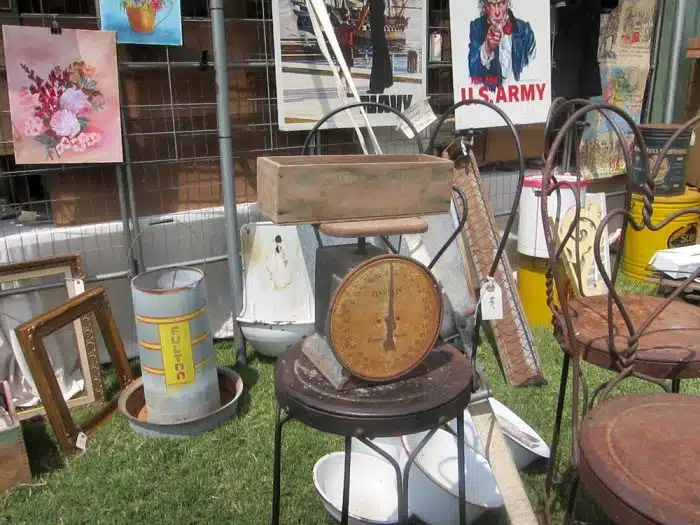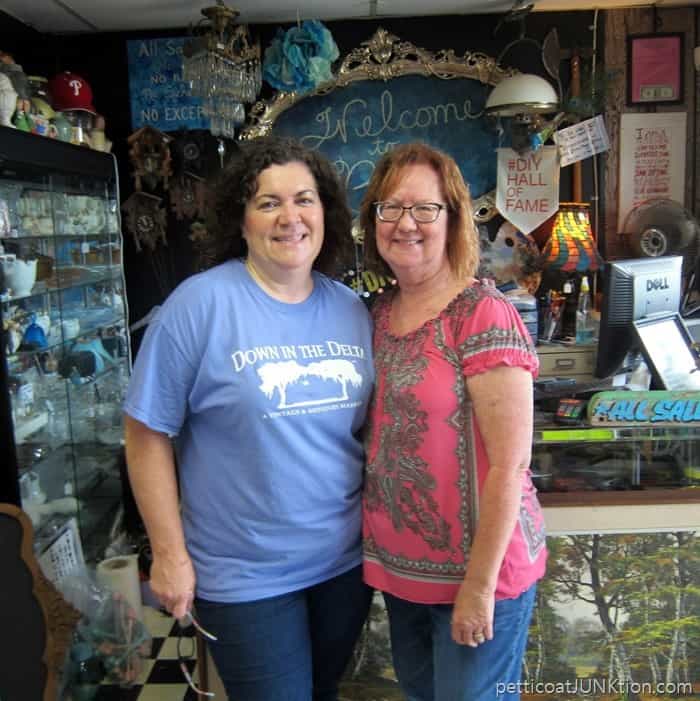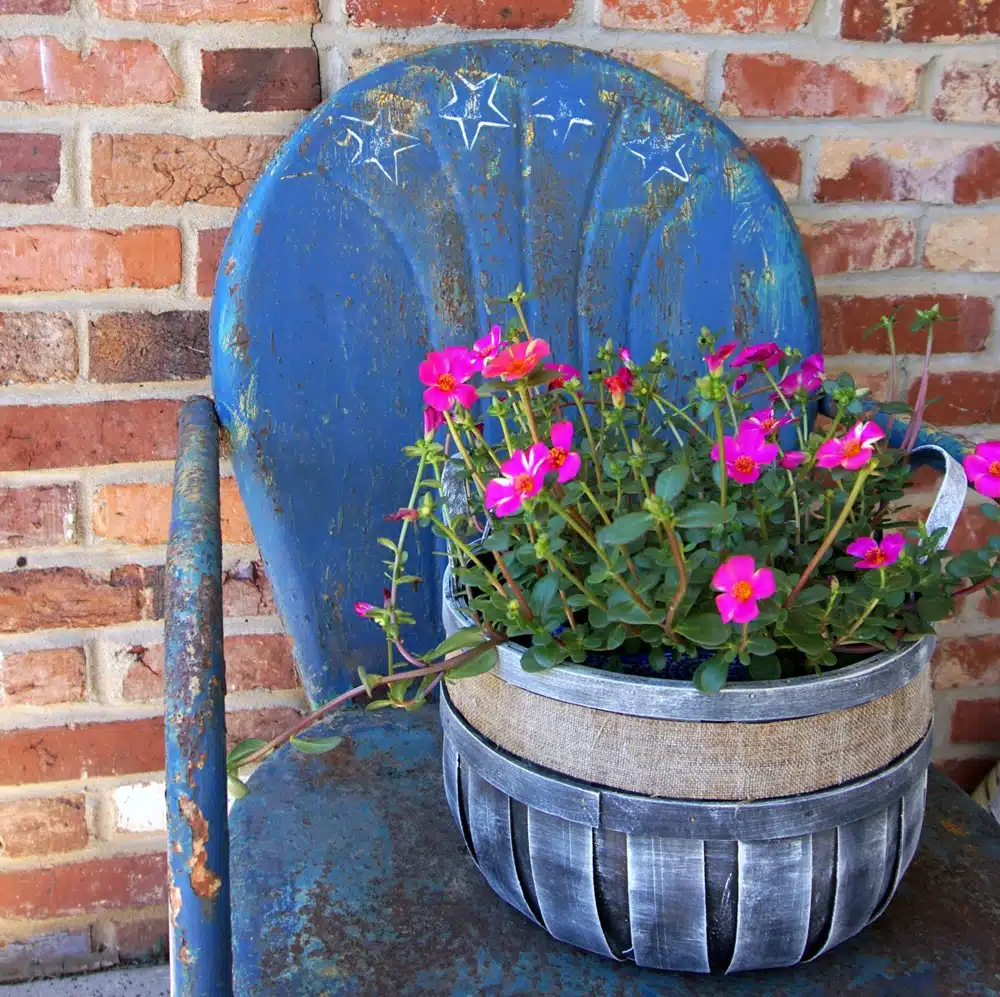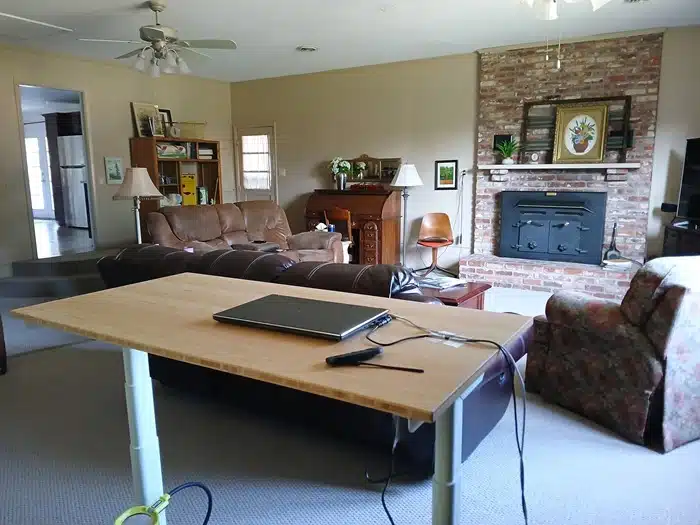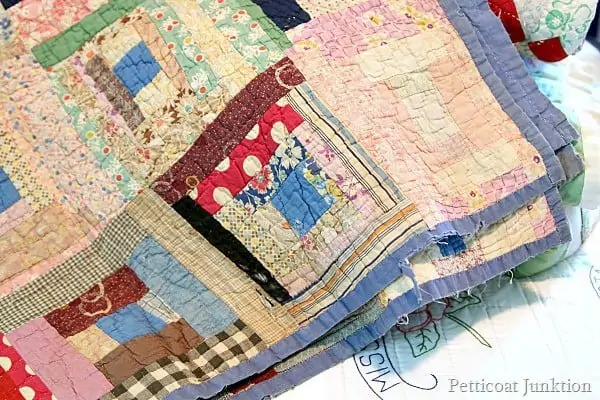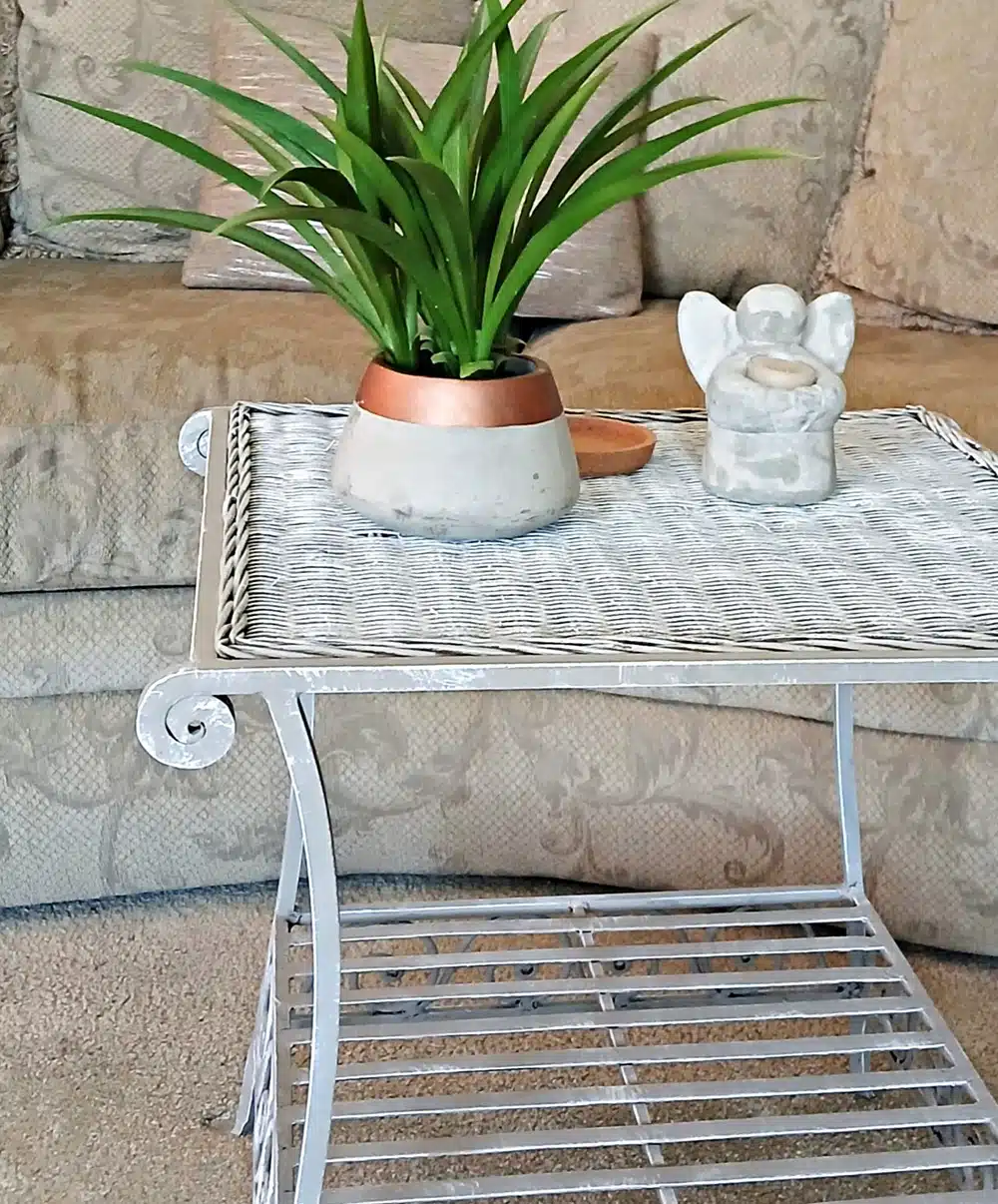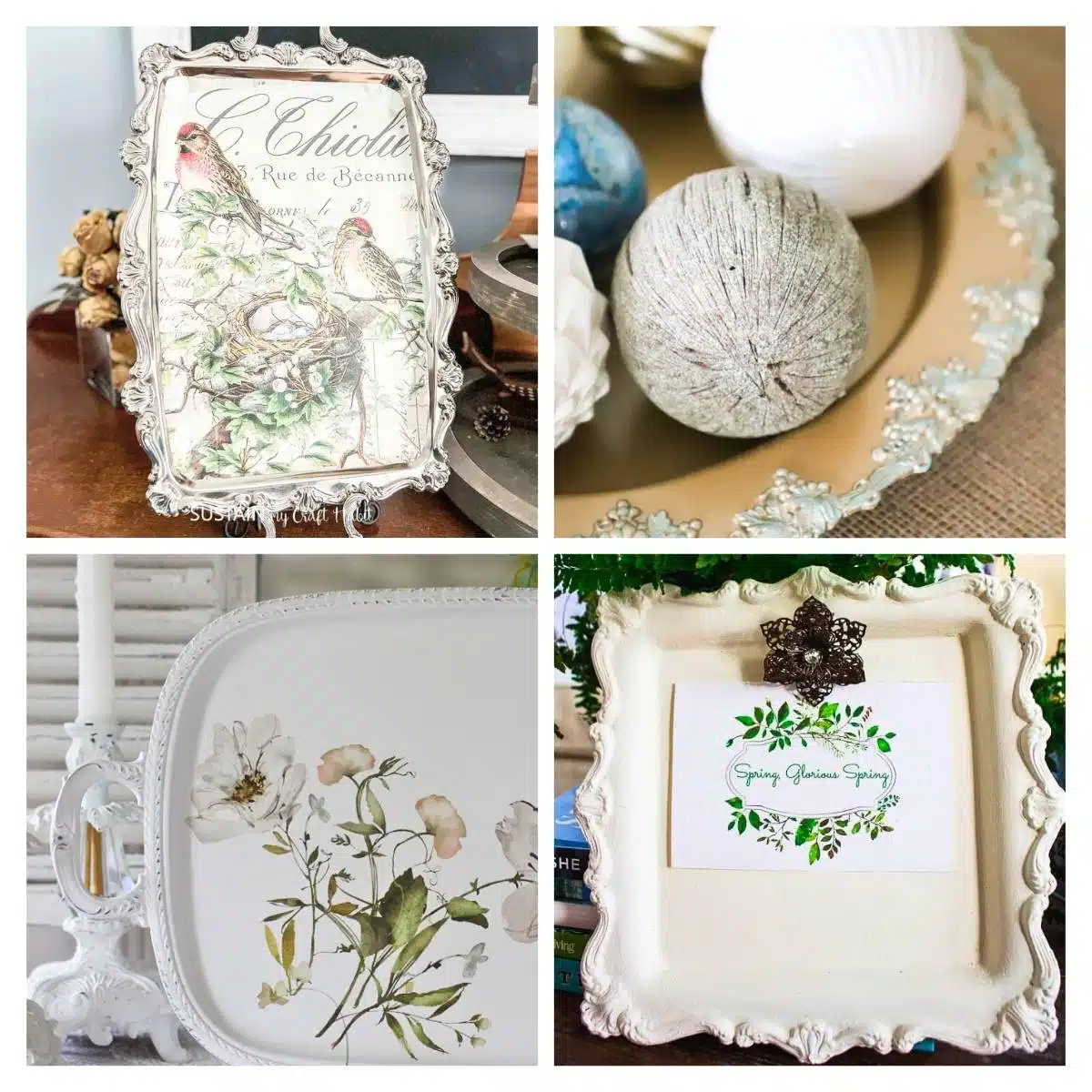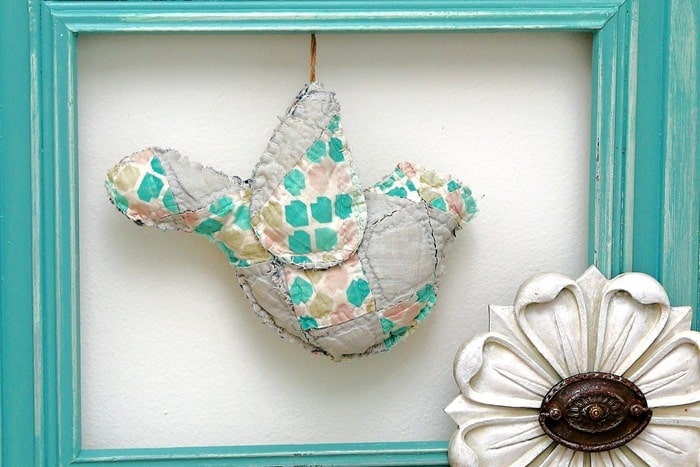Antiquing: 11 Tips For Successful Antique Shopping
As an Amazon Associate, I earn from qualifying purchases.
Have you overheard bits of conversation about going antiquing, and now you want to know what it’s all about? Antiquing is like junking, but the shops and the goods for sale are usually as different as night and day.
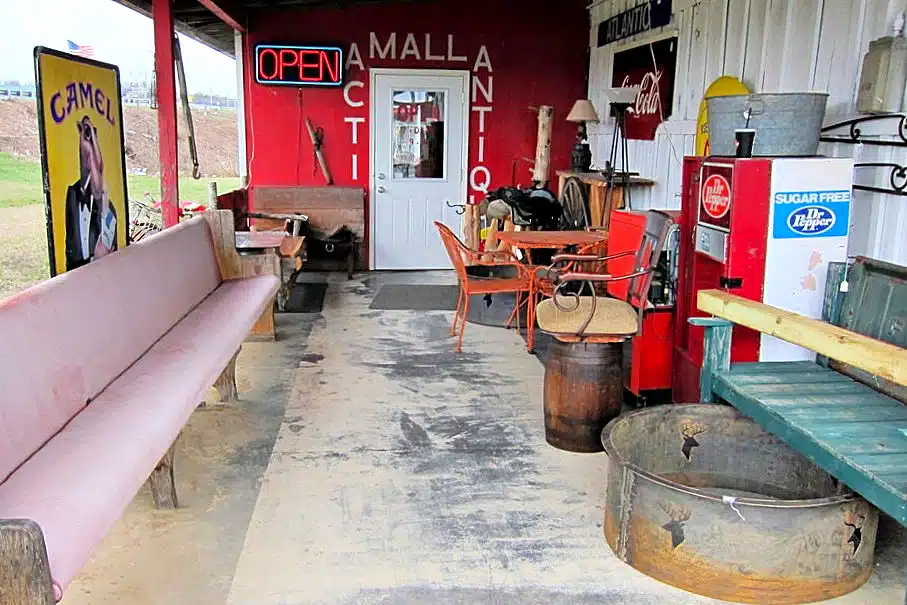
Tips For Successful Antique Shopping
Put these tips to good use on your antiquing adventures, whether it’s your first or fiftieth trip.
Why Go Antiquing?
My definition of antiquing is spending the day browsing antique stores, estate sales, or unique antique markets with a group of friends. Topping the day off with a fabulous find is exciting but not a requirement for a good antiquing day.
Besides the thrill of the hunt, antique stores offer an education. Learning the history of pieces and places while shopping is better than sitting at a school desk or computer. Discovering a mystery piece and not having a clue what it is may be your first step in finding a new interest or hobby.
What Is Considered An Antique?
The official definition of an antique is an item that is 100+ years old. All items, including books, jewelry, and glassware, are typically considered antiques if they are 100+ years old.
I’ve seen items in stores labeled as antiques that are less than 100 years old. So, on your antiquing adventures, keep this in mind: Items that are 50 to 100 years old are considered vintage. You will find many vintage items in antique stores. The eclectic mix is one thing that makes antiquing interesting.
Research
To find antique shops in your area, use online search engines, social media, antique directories, and local guides. When searching, consider the types of antiques that interest you. Some shops may specialize in specific periods or styles.
Some towns have specific areas designated as antique districts. These areas are often filled with quaint shops offering a wide range of antiques and collectibles.
Plan a visit to your city’s Welcome Center. There, you can find brochures on the area, including special publications that provide listings and information about local antique shops. The attendants at the center usually know the area well and can help with directions and other information.
And don’t forget to ask your friends and family if they have favorite antique stores or malls.
Plan Your Shopping Trip —-Shop Multiple Antique Stores
Once you have a list of shops you plan to visit, call to confirm their hours, and if you expect to find something specific, ask about their inventory. Next, map out your shopping route and add a stop along the way for lunch. Part of the antiquing experience with friends is enjoying the conversation and time away from work or other obligations.
Bring along a tape measure, a magnifying glass, and a flashlight. Some antique shops have low or inadequate lighting, often due to older type buildings. Also, the print or engraved marks on old pieces, if present, may be difficult to read.
Wear comfortable walking shoes, as you might be on your feet for several hours. Bring a light jacket or sweater, as some old buildings can be drafty.
If you are shopping for large items such as furniture, drive an appropriate vehicle. If you do not have a way to transport a large piece, the shop may offer delivery for a price.
Most shops accept cards, Venmo, Paypal, and other forms of payment, but some dealers may offer better cash prices.
Photograph Things You Like
When you find an item you’re interested in, take a photo of it and the booth or area of the shop where the item is located. Many antique shops and malls are large, with numerous aisles and booths, and finding the item again might be a problem. I speak from experience.
Google Comparable Items For Prices
When considering purchasing an item, read the description on the tag and do an online search to gather information about similar items and to check for price and value. Taking a photo of the item with your phone makes it easy to find similar items using Google Lens.
Sometimes, there is no information online about an item. There could be several reasons for that. Maybe not many were produced, or the item may be one-of-a-kind or homemade.
Take A Second Look
If you find an item you’re interested in, examine it carefully for damages, repairs, or alterations. Check for signs of authenticity, like maker’s marks or signs of age. A second look can often reveal details that you might have missed initially.
You might be searching for an antique chest for your guest bedroom and be pleasantly surprised when you find a treasure you didn’t know you needed.
Ask For A Discount
You should only ask for a discounted price if you are serious about purchasing an item. Some shop owners or vendors are open to negotiation, and some are not. Please be respectful when asking for a lower price.
I believe a discount should never be asked for for an item priced lower than fifty dollars. Shop owners and vendors purchase items with the intent to resell, and in addition to the purchase price, they have other costs and time associated with the item.
Most antique shops are comprised of booth spaces rented monthly by “vendors.” The spaces may be large or small, locked showcases or shelves. Vendors are often responsible for the construction and decorating of their spaces.
The rent on vendor spaces varies by shop and geographical location. In addition to the rent for the space, the shop owner may charge a commission on sales and other extras, such as credit card fees. So please consider all these things before asking for a discount.
Get To Know The Owner And Vendors
Being friendly and open with antique store owners is always a good idea. They can offer valuable information about items and sometimes can provide detailed histories of a specific piece. Bring photos of items you are searching for; in most cases, the shop owner will contact you if a similar item comes into the shop.
Collect Business Cards
Finally, always collect business cards from the stores you visit. This not only helps you create a network of contacts but also assists you in future inquiries or purchases. You might want to return to a store or recommend it to fellow antiquers, and having the contact information readily available makes this easier.
Have Fun
I hope these tips help you. The most important point in the antiquing experience is to enjoy your day.
[ez-toc]
Don’t forget to share your adventures with me. Thanks for being here, Kathy

